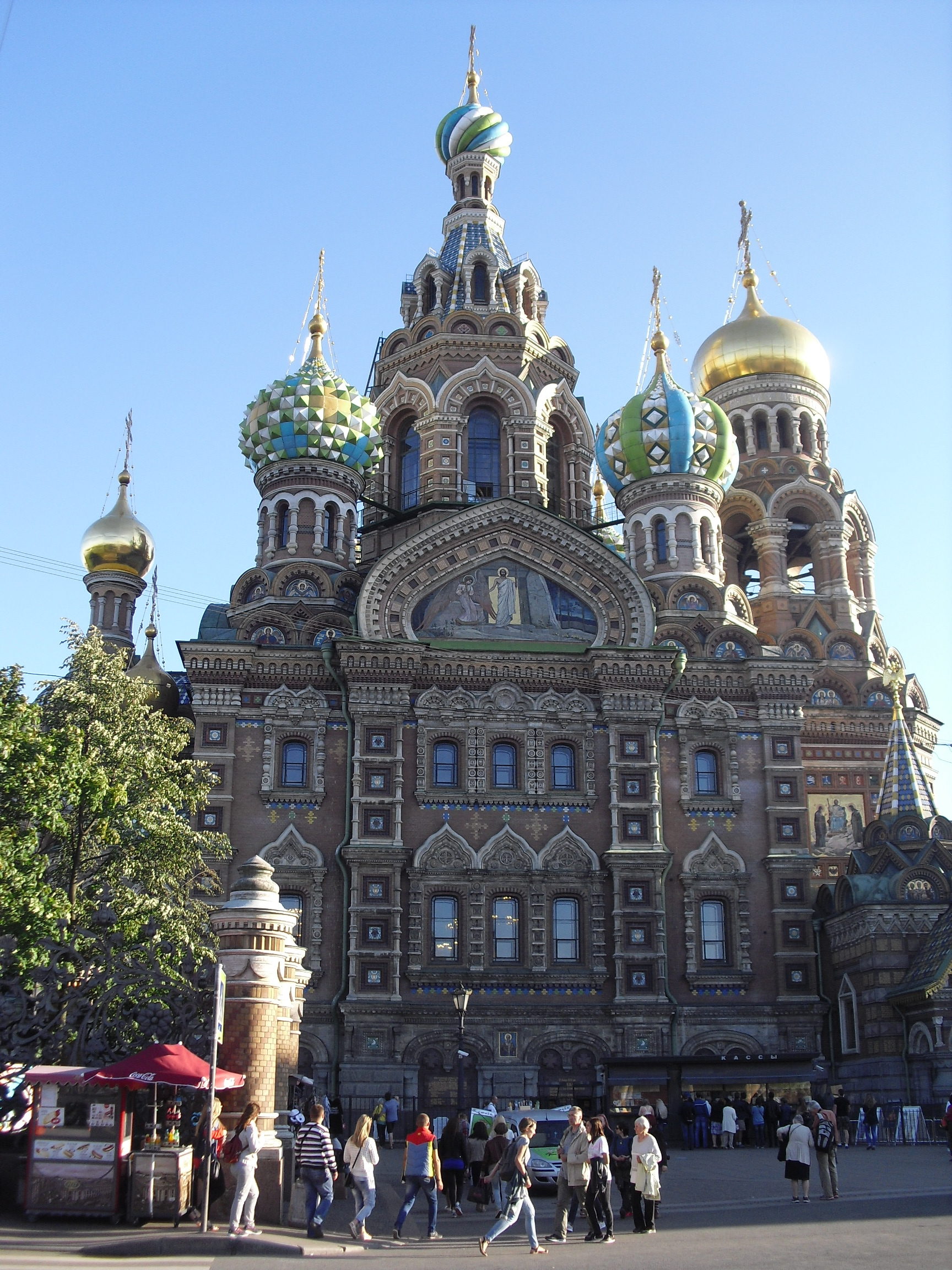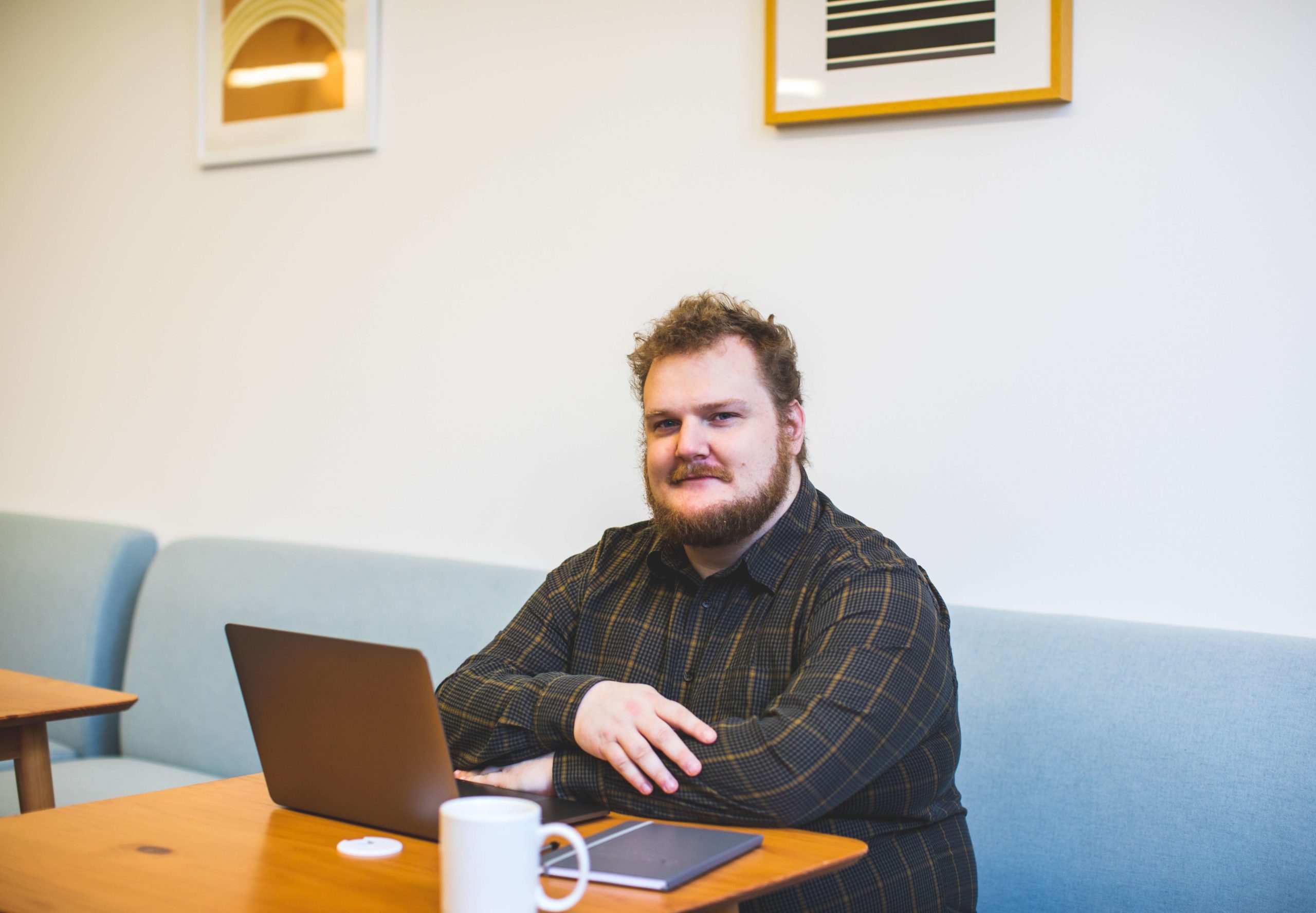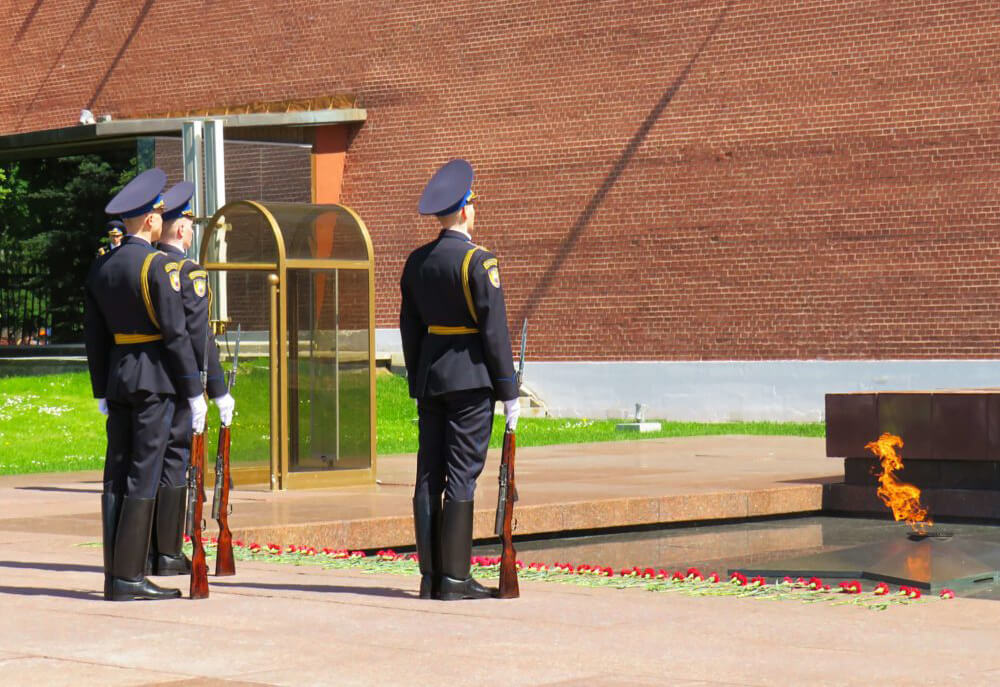SHARE
INFO
- DATE: 12-08-2015
- PLACE: Russia
COUNTRY OF PROVENANCE

Russia
RELATED ARTICLES

Recommended books – Russia
The novels by Stern (The sergeant in the snow), Solženicyn (Gulag archipelago) and some Russian classics are the recommended books – Russia

My Tips – Saint Petersburg
My Tips – Saint Petersburg. Curiosities and useful information to organize the trip to the beautiful ancient Russian capital, St. Petersburg.

Vladya and his house in Saint Petersburg – Transiberian
I ended up at Vladya’s place in the centre of Saint Petersburg during my Transiberian journey because he was a friend of Sasha, my host on Couchsurfing.

Story of Sasha, the romantic of Saint Petersbourg – Transiberian
Sasha opened the door of his house at 7 in the morning in a summer day of August.
LEV and Natalya – moscow russia
The night train from St. Petersburg arrives in Moscow in the morning at 8.30 am. Lev is waiting for me outside the car, he has an orange checkered shirt, a beard, dark hair and green eyes. He is very thin. We say hello and immediately he takes me by the hand, and we go into the Moscow underground. I find it strange enough to take a perfect stranger by the hand, but in fact the method is particularly effective for dealing with the overcrowded underground labyrinths of the capital.
Lev speaks excellent Italian: now he is unemployed because – due to EU sanctions – a project he had with Italy stopped so he found himself out of work. In about half an hour we are at his house in Reutov, outside Moscow. The metro arrived there a few years earlier and is very convenient. He lives with his mother on the eleventh floor of a building in full Soviet style. The house is welcoming, tidy, very clean, usual Russian pattern: bedroom, living room / second bedroom (where I will stay), small kitchen, bathroom divided with the toilet in one small room and the rest (shower, sink) in another.
He accompanies me around the city, first stop at Revolution Square. He traced an itinerary in his head, and we walk for hours till the neighbourhood of the medical academies. Lev studied medicine here but, after graduating, he understood that he did not want to be a doctor and went back to studying economics. The buildings are beautiful and elegant, Lev describes them to me one by one, each has its own specialization and it starts from the gynaecology and obstetrics palace at the beginning of the road to get to a final church, “from birth to death”, so he says.
Lev is a vegetarian and never eats outside so he’s practically fasting since the morning! His severity and constancy are something that strikes me a lot.
The dacha
Lev suggests that I go to the dacha, that is the Russian countryside where Muscovites have second homes, but also where the rest of the population around Moscow lives. There is electricity, but often no running water. There are mostly wooden houses and Lev’s dacha was assigned to his grandfather who served in the army. It is located near the city of Serpuhov on the Oka river. The village does not have a real name, there are a monument, a small church and small houses. No asphalt, no bathroom in the house.
His mom went there the day before and would love to have us with her. We take the car and travel the 100 km that separate it from Moscow and finally I meet Natalya, a beautiful woman: big blue eyes, high eyebrows, a long and harmonious nose, a small mouth, short grey hair. Her shoulders are slightly curved, she is asthmatic and loves to be here in the countryside in the middle of greenery and far from the heavy Moscow air.
We eat bread and cheese and drink tea, Natalya speaks English, she was a teacher. She is very kind in her ways and often kisses Lev on the forehead. I watch her walk in the garden, admire her flowers, the greenery … she seems to have an incredible inner peace, that of the old people who have lived fully and now retire to the countryside to meditate. She eats soft fruit candies, Lev doesn’t like them because they are too “chemical”, while I love them! They were my favourite as a child!
Lev takes me for a tour of the surroundings and when we return Natalya has cooked some new potatoes. The kitchen in the dacha is separated from the house where you sleep, and you are mostly outside in the open air. The house is in fact designed as a summer home, there is no heating and water flows from a rubber tube near the kitchen, a small stream separates it from the neighbours’ dacha.
We sit on a small bench, Natalya gives me a jacket, then some shoes: we don’t have to get cold and the temperature drops at night. She tells me that when her parents were alive, she loved to sit with them and admire the greenery. She speaks slowly, articulates words. We start to look at the sky and wait for the stars to snack … Natalya sees the first one, but the sky is cloudy and does not make us discover many. “Let’s go to bed, the next day the alarm is at 5 and we leave for Moscow” she said.
Return to Moscow
The traffic to enter Moscow is also on Saturday morning. On the highway we dodge a drunk or drugged woman who wanders the lanes on foot … impressive! Nobody gets upset, nobody does anything. I ask if we have to call the police, but Lev says that in these cases we have to leave as soon as possible, nobody calls the police in those situations.
Once in Reutov, Natalya tells me that at 8 we will go to some stores to buy the necessary for my train journey. On long-distance journeys, Russians bring a lot of things to eat, but I tell her that I don’t want much, just a little fruit, because I like to travel light. A few more hours and I will say goodbye to Moscow to take another train, towards Siberia.
After the last laps in the city with Lev, we watch a historical film called “Moscow doesn’t believe in tears“. Lev cares a lot about it, he has found an Italian version, he tells me that I can’t leave Moscow without seeing him!
The film dates to 1969 and was the only one to win the Oscar during Soviet Russia. It lasts two and a half hours and is a very slow film, with a changing and growing Moscow in the background. Productivity and work are the pivot of the story in which the life of a woman unfolds in communist Russia.
She got pregnant with a man who doesn’t want her, she cries alone at night in her bed, but in the end, she finds true love. There are also other characters: the friend looking for a rich man to marry who finally finds him, then he becomes an alcoholic even if he stops drinking towards the end of the film; another friend who marries one of the provinces with whom she has three children …
Whatever happens, they all meet at the dacha, eat, drink, cry, are sad, happy … but they love each other. With this film I greet Moscow, Lev takes me to the station, and I leave, a little more aware of what it means for the Russians to belong to this nation.
